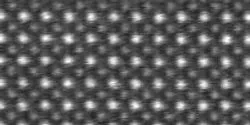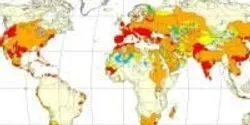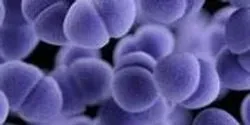News

Research from University of Leicester sniffs-out smell of disease in feces.

University of Wisconsin-Madison plant scientists intend to employ some highly sophisticated instruments to evaluate new varieties of organic vegetables: the palates of the people who produce or prepare them for discerning customers.

Rigaku's Handheld Raman Analyzer Wins IBO Award for Portable Analytical Instrument Industrial Design
Rigaku Raman Technologies, a leading pioneer of handheld and portable Raman spectrometers, is delighted to announce that its handheld Raman analyzer, Progeny™ (www.rigakuprogeny.com) has received the Bronze Award for the Portable Analytical Instrument Industrial Design category in the 2014 Instrument Business Outlook (IBO) Design Awards.

A $10 million grant over five years from the National Institutes of Health will establish a prestigious Institutional Development Award (IDeA) Center of Biomedical Research Excellence (COBRE) in Matrix Biology at Boise State University. COBRE centers promote collaborative, interactive efforts among researchers with complementary backgrounds, skills and expertise.

In July 1978, Peter Buseck of Arizona State University, together with two postdoctoral researchers (also then at ASU), published a paper on a new technique for high-resolution imaging of crystal structures using transmission electron microscopes. Recently, the scientific journal Nature has hailed that paper as a milestone in the science of crystallography. At the same time, Nature also cited three other milestone crystallography papers.

About 400 million years ago a group of fish began exploring land and evolved into tetrapods – today's amphibians, reptiles, birds, and mammals. But just how these ancient fish used their fishy bodies and fins in a terrestrial environment and what evolutionary processes were at play remain scientific mysteries.















